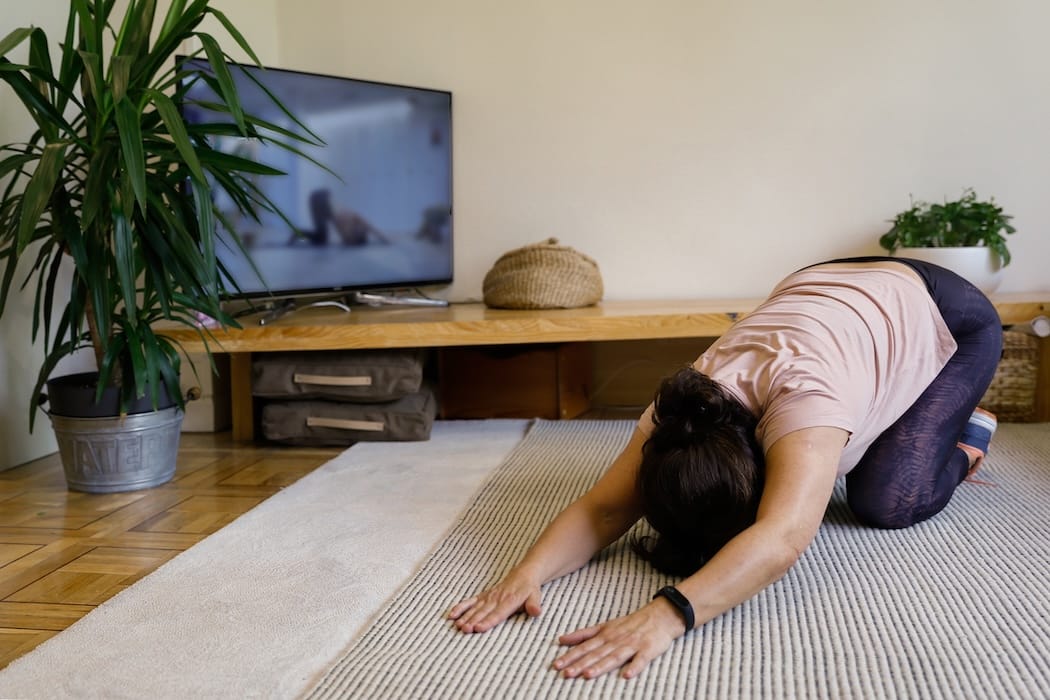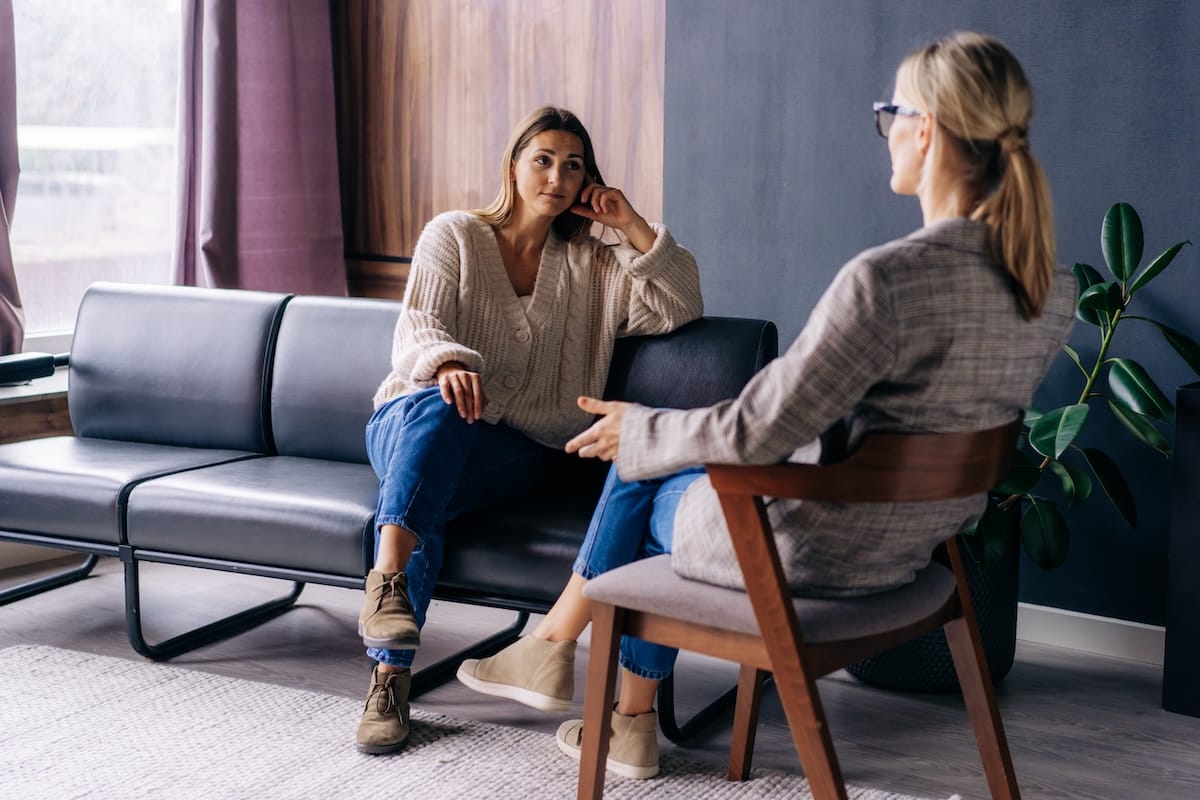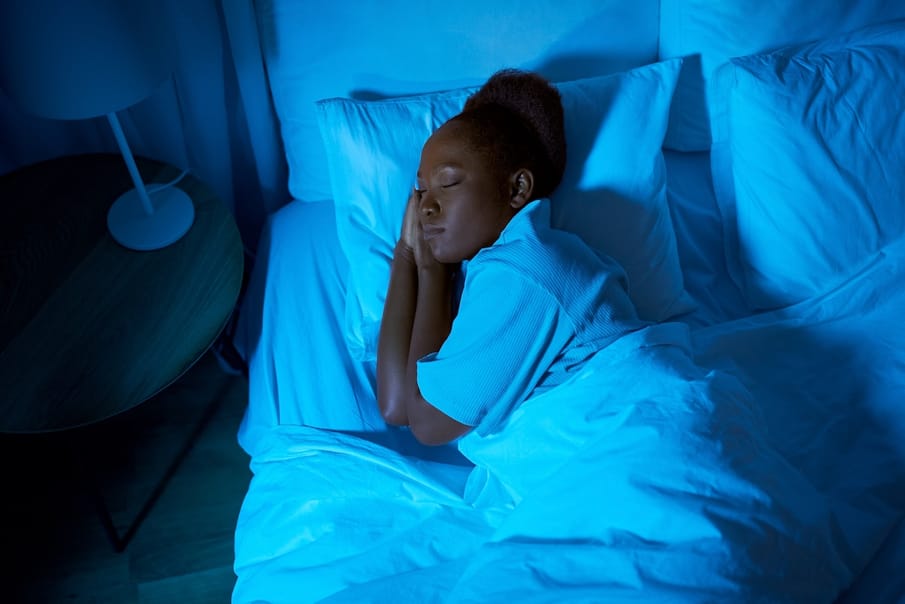Insomnia can strike at any age, but with a high number of people experiencing it in connection with menopause, we’re sharing how to get the sleep you need as you go through ‘the change’
Have you found that as you’ve got older, you are tossing and turning more at night? Perhaps clock-watching as the sun begins to rise has become a dreaded routine. What you may not realise is that this shift in sleeping patterns can be related to menopause.
According to 2023 meta-analysis, published in the journal Sleep and Breathing, up to 60% of women experience disturbed sleep after menopause, and up to 47% experience it during perimenopause. Yet, many women don’t realise that insomnia and menopause are often related.
“Insomnia can show up in different ways – struggling to fall asleep, waking frequently during the night, or waking up early and not being able to get back to sleep. This can lead to low mood, poor concentration, and fatigue,” says Dr Naomi Potter, a menopause expert and founder of Menopause Care.
“Falling levels of oestrogen and progesterone play a key role,” explains Dr Potter. “Oestrogen helps regulate serotonin, a neurotransmitter that influences sleep, while progesterone has a sedative effect. As these hormones decline, it becomes harder to get the restorative sleep your body needs.”
The hormonal changes also affect the brain’s temperature regulation, leading to sudden temperature surges and sweating. “These can wake you during the night and make it hard to get back to sleep,” adds Dr Potter.
Other symptoms, such as bladder changes, restless legs, sleep apnoea, and muscle aches and pains can also contribute. So how can you improve your sleep during menopause?
Cool your bedroom
“A fan, cooling pillow, and/or light bedding can make a real difference,” says Dr Potter. “Stick to a regular sleep-wake schedule, even at weekends, to help regulate your body clock. Get outside in natural light early in the day, and dim interior lighting in the evening.” You could also try breathable cotton or moisture-wicking sleepwear, and a cooling mattress topper.
Try menopause-friendly lifestyle changes
A 2023 review published in Nutrients states that all menopause systems are influenced by lifestyle factors. So what changes can you make to minimise sleep disruption?
“Avoid eating too close to bedtime, and try to keep blood sugar levels stable throughout the day,” says Dr Potter. “Don’t eat or drink heavily just before bedtime – hydration earlier in the day is better to avoid nocturia (peeing too much at night) and digestion-related awakenings. Aim to exercise earlier in the day, but gentle yoga can be helpful for relaxation in the evening still.”

Try herbal remedies and supplements
Dr Sally Louden, a British Menopause Society-recognised menopause specialist and co-founder of Everything Menopause, warns against relying too much on over-the-counter sleep medications.
“A lot of sleep medications can be addictive, and some traditional treatments actually only add an extra 20 minutes of sleep on to a night,” she says. “Herbal remedies, such as red clover, have been shown to reduce hot flushes in some women, and therefore might also help sleep. If someone has restless legs, extra iron might help, too.”
Magnesium, B vitamins, and herbal remedies such as Valerian root, may also help, but you should always check with your GP to ensure these don’t interact with other medications.
Seek medical treatment
According to Dr Louden, hormone replacement therapy (HRT) can help both sleep and anxiety in menopausal women: “One of the progestogens that we use in HRT – micronised progestogen – is metabolised through the hypothalamus. This part of the brain is responsible for sleep and anxiety, so it can help sleep and general wellbeing. It should be taken at night for maximal effect.”
Dr Zoe Schaedel, an accredited British Menopause Society specialist, adds that local vaginal oestrogen can be used to help relieve bladder or vaginal symptoms that disturb sleep.
Treat individual symptoms
What contributes to poor sleep is often unique to the individual, which is why it’s important that care is individualised. “We have to look for other medical conditions we can treat,” says Dr Louden, noting that sleep apnoea, for example, requires proper diagnosing and appropriate treatment.
Mood problems, such as anxiety, are also common in menopause. “Counselling might be needed. Some antidepressants can in fact aggravate sleep, such as the SSRIs like sertraline or citalopram, so adjusting the time of the day that they are taken can optimise sleep,” says Dr Louden.

Techniques to reduce waking during the night
And if you wake in the night, Dr Schaedel suggests trying some relaxation exercises, such as box breathing (inhaling for a count of four, holding for a count of four, exhaling for a count of four, and then holding again for a count of four). She also suggests removing visible clocks to reduce anxiety, and that if you’re awake more than 20 minutes, you should get out of bed and do a calming activity, such as reading.
Remember, you don’t have to struggle alone. Speak to loved ones for support – and with the right treatment, you’ll be able to get a good night’s rest.


Comments